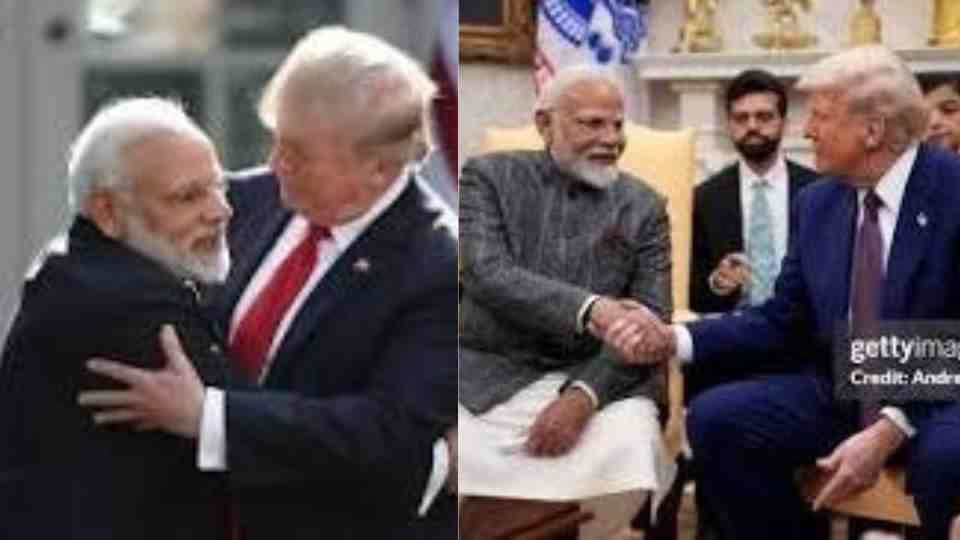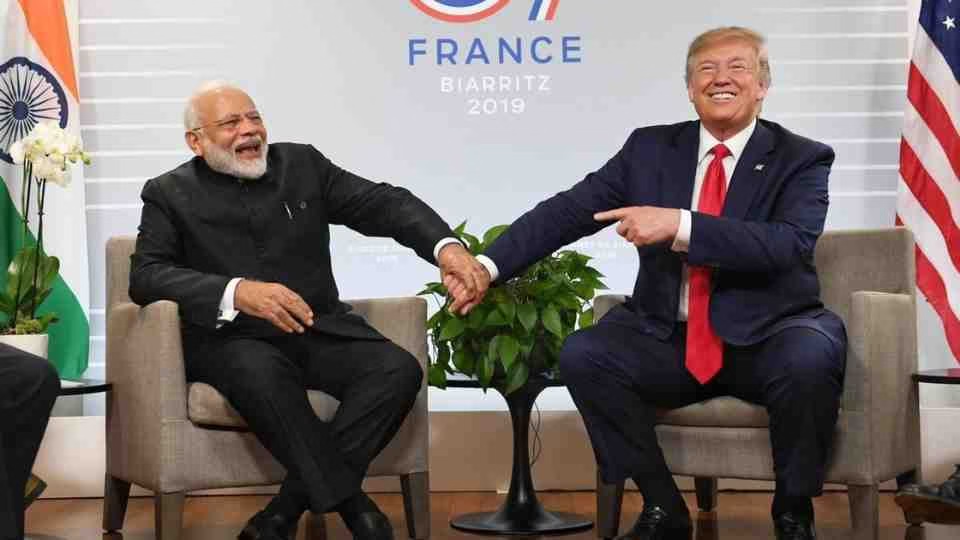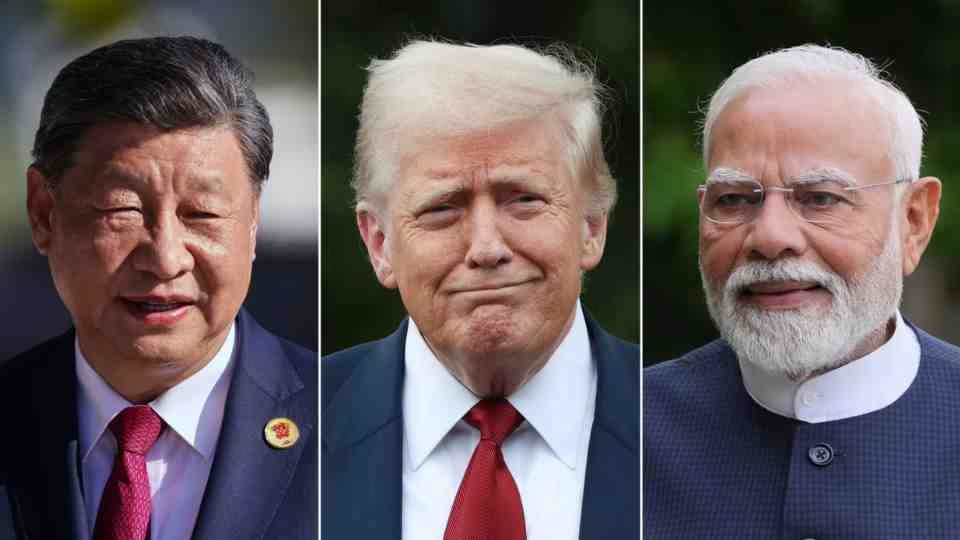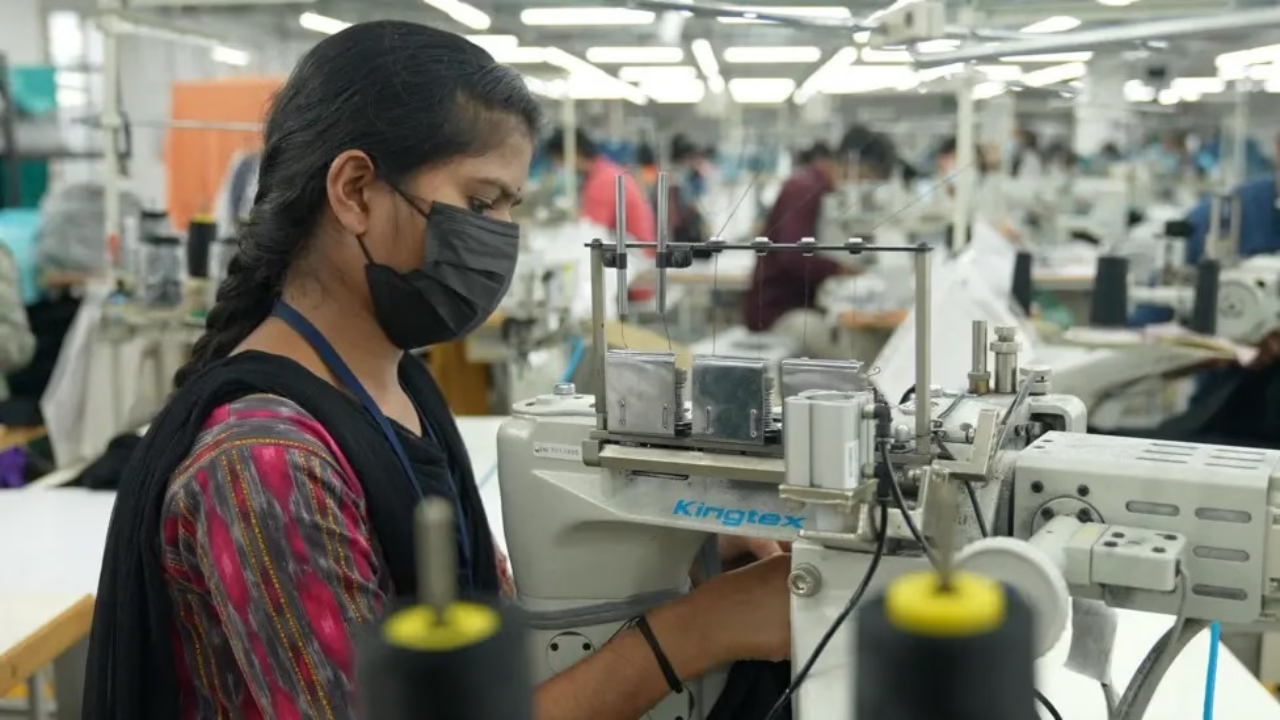Washington/New Delhi – A senior US Congressman has offered reassurance about the state of America-India relations, emphasizing President Donald Trump’s respect for Prime Minister Narendra Modi even as trade disputes create friction between the two nations.
Representative Michael Baumgartner addressed concerns about deteriorating bilateral ties during an interview with NDTV, characterizing recent tariff increases as temporary obstacles rather than fundamental shifts in the strategic partnership.
“President Trump is fundamentally a dealmaker who holds deep respect for India and Prime Minister Modi,” Baumgartner stated. “His previous visit to India left a lasting positive impression, and he genuinely values the relationship with PM Modi. While we may encounter some challenges along the way, I remain confident we’ll reach a mutually beneficial resolution.”

Tariffs as Strategic Pressure
The Congressman offered a unique perspective on the controversial tariff increases, suggesting they reflect America’s high expectations for its close partners rather than punitive measures.
“Sometimes you must ask more of your closest friends,” Baumgartner explained. “These tariffs should be viewed as a sign of respect – America is asking more of India because we recognize its capabilities and importance. I understand this may cause frustration from India’s perspective, but it’s important to consider America’s broader strategic objectives.”
Recent weeks have seen significant strain in US-India relations following the Trump administration’s imposition of secondary sanctions on India for its continued purchase of Russian oil. Additional tensions arose over reports that India rejected Trump’s offer to mediate in its recent conflict with Pakistan. Current US tariffs on Indian exports have climbed above 50 percent, representing the highest rate Trump has imposed except for Brazil.
India’s Strong Response
India has responded forcefully to what it terms “unfair, unjustified and unreasonable” American trade measures. The tariffs are expected to significantly impact multiple sectors, particularly textiles and marine exports.
Prime Minister Modi delivered a firm message defending India’s economic interests, particularly regarding farmers and fishermen. “I understand I may have to pay a price for this stance, but I am prepared to do so for our farmers,” Modi declared, signaling India’s unwillingness to compromise on key domestic constituencies.
Future Cooperation Areas
Despite current tensions, Baumgartner highlighted several areas where US-India cooperation could expand. He praised the contributions of Indian Americans and expressed Republican Party appreciation for Indian companies operating in the United States.
Military cooperation emerged as a priority area for enhanced partnership. “Increased military engagement between our countries represents a natural progression,” Baumgartner noted. “Greater integration of our military capabilities will enhance our ability to collaborate on counterterrorism and other strategic challenges.”
The Congressman also addressed educational exchanges, acknowledging current visa processing complications while emphasizing the value of Indian students to American universities and the broader economy. “Indian students have made tremendous contributions to the US economy and have taken valuable skills back to India. We want to see this collaboration grow, despite current visa processing challenges.”
Looking Forward
Baumgartner’s comments suggest that despite current trade tensions, both countries recognize the fundamental strength of their strategic partnership. His emphasis on Trump’s personal respect for Modi and India indicates that current disputes may be tactical rather than strategic in nature.
The resolution of these tensions may depend on both countries’ ability to balance domestic political pressures with their shared strategic interests in the Indo-Pacific region and beyond.






